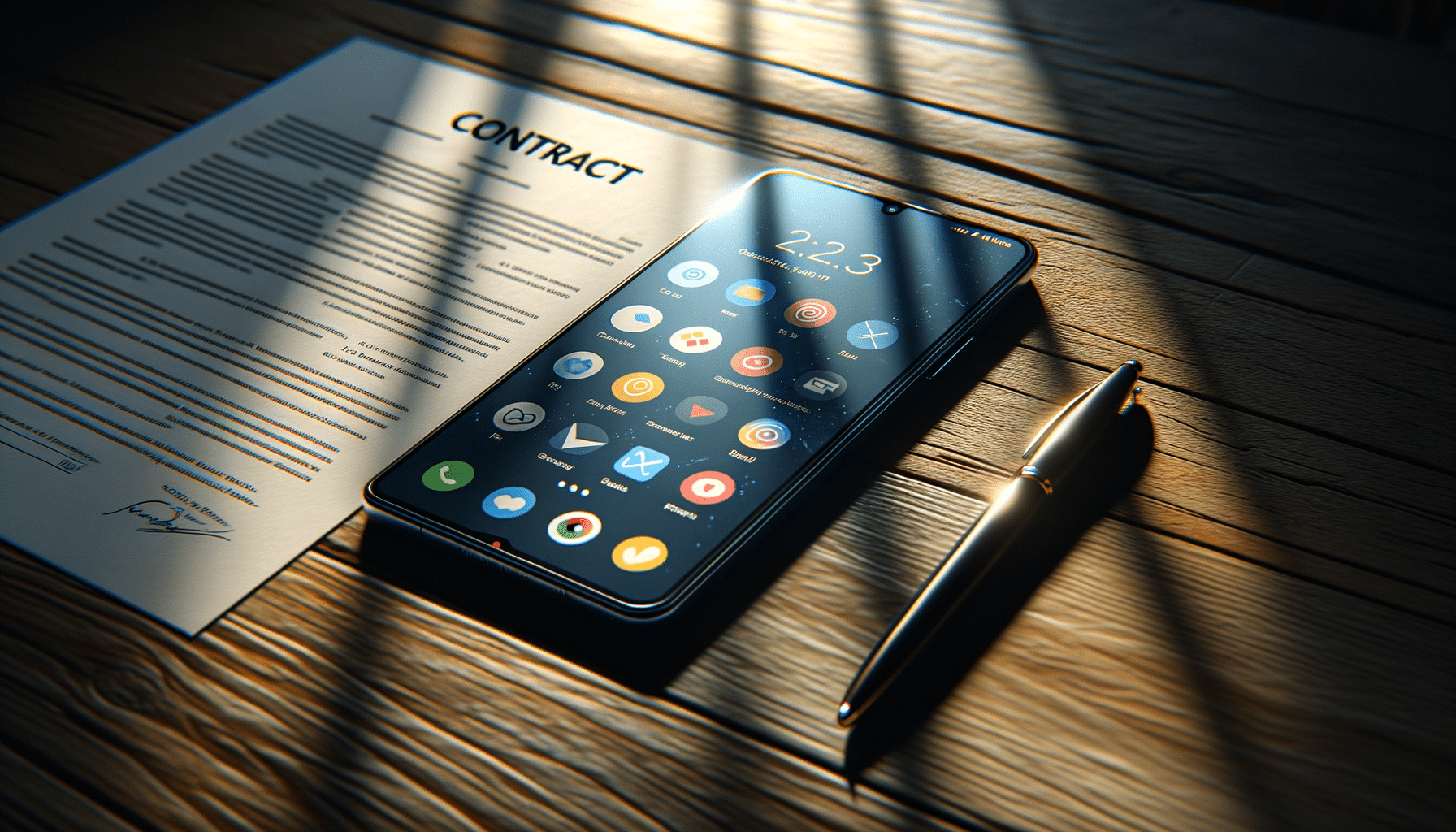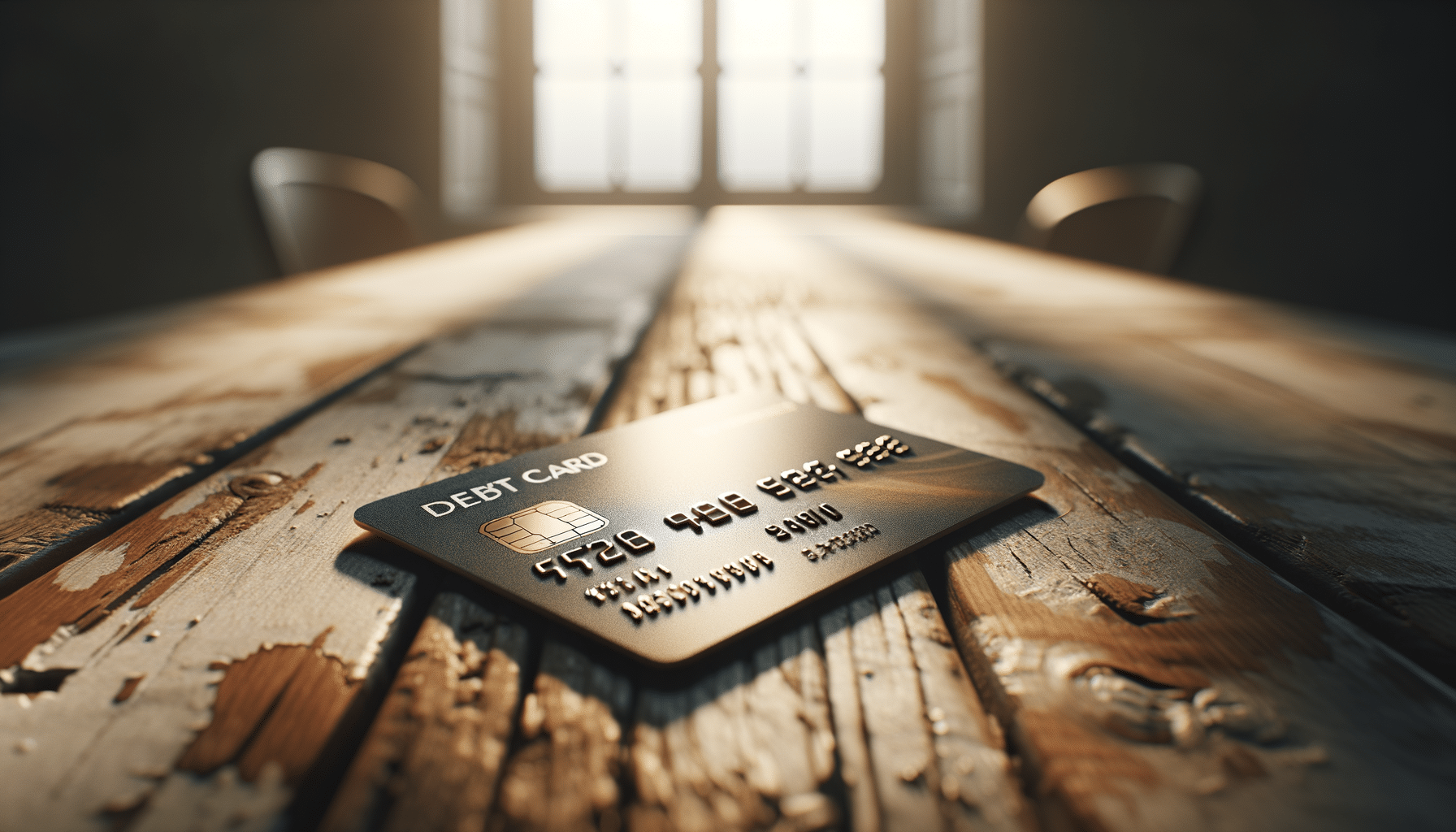
Wearable Tech and its Impact on Sleep and Recovery
As wearable technology continues to advance, its influence on various aspects of our lives becomes more pronounced, particularly in the realms of sleep and recovery. These innovations are reshaping how we approach rest and recuperation, providing insights that were once only accessible through professional sleep studies.
Wearable technology has evolved from simple fitness trackers to sophisticated devices capable of monitoring a wide array of biometrics. These gadgets are now integral in understanding sleep patterns and optimizing recovery for athletes and everyday users alike.
Understanding Sleep with Wearable Tech
Sleep is crucial for overall health, yet many people struggle with getting enough quality rest. Wearable devices provide users with detailed information about their sleep cycles, including REM, deep, and light sleep stages. According to a recent study published in the Journal of Clinical Sleep Medicine, individuals using sleep tracking wearables showed a marked improvement in sleep quality over time.
Dr. Michael Breus, a clinical psychologist and sleep expert, notes, “Wearable technology offers a personalized insight into sleep patterns, helping users identify factors that might be impacting their rest.”
Key Features of Wearable Sleep Tech
- Heart rate monitoring
- Sleep stage tracking
- Sleep score analysis
- Smart alarms
- Environmental sensors
The Role of Wearables in Recovery
Athletes and fitness enthusiasts are increasingly relying on wearables to monitor their recovery. By tracking metrics such as heart rate variability (HRV), these devices help users understand their body’s readiness for physical activity. Proper recovery is essential for improving performance and preventing injuries.
According to a survey by the American College of Sports Medicine, 60% of sports professionals reported that wearables significantly improved their recovery strategies.
How to Enhance Recovery with Wearable Tech
- Regularly monitor your HRV to gauge recovery status.
- Use the data to adjust workout intensity and duration.
- Incorporate recommended rest days based on wearable feedback.
| Feature | Benefit |
|---|---|
| Sleep Tracking | Improves sleep quality |
| HRV Monitoring | Assesses recovery |
| Smart Alarms | Wakes gently during light sleep |
| Activity Tracking | Monitors daily movement |
| Environmental Sensors | Adjusts sleep environment |
| Heart Rate Monitoring | Tracks workout intensity |
| Stress Monitoring | Provides relaxation tips |
| Goal Setting | Encourages healthy habits |
Frequently Asked Questions
How accurate are wearables in tracking sleep?
While not as precise as clinical sleep studies, wearables provide valuable insights that can help improve sleep habits over time.
Can wearable tech help with sleep disorders?
Wearable tech can aid in recognizing irregular patterns, but consulting a healthcare professional is advised for diagnosing sleep disorders.
Conclusion
Wearable technology is revolutionizing how we monitor and enhance sleep and recovery. By providing detailed insights into our rest and recuperation, these devices empower us to make informed decisions about our health and fitness. As technology continues to advance, the potential for wearables to further improve our quality of life is immense. Consider exploring various devices to find one that aligns with your personal health goals, and take the first step towards better sleep and recovery today.


